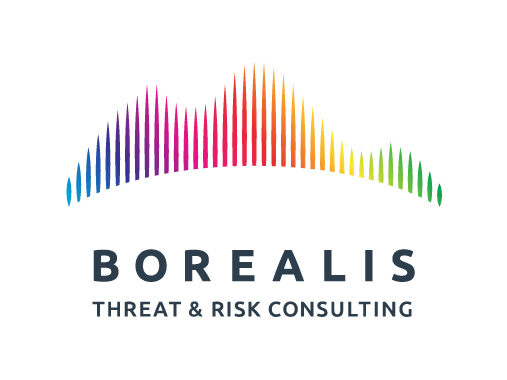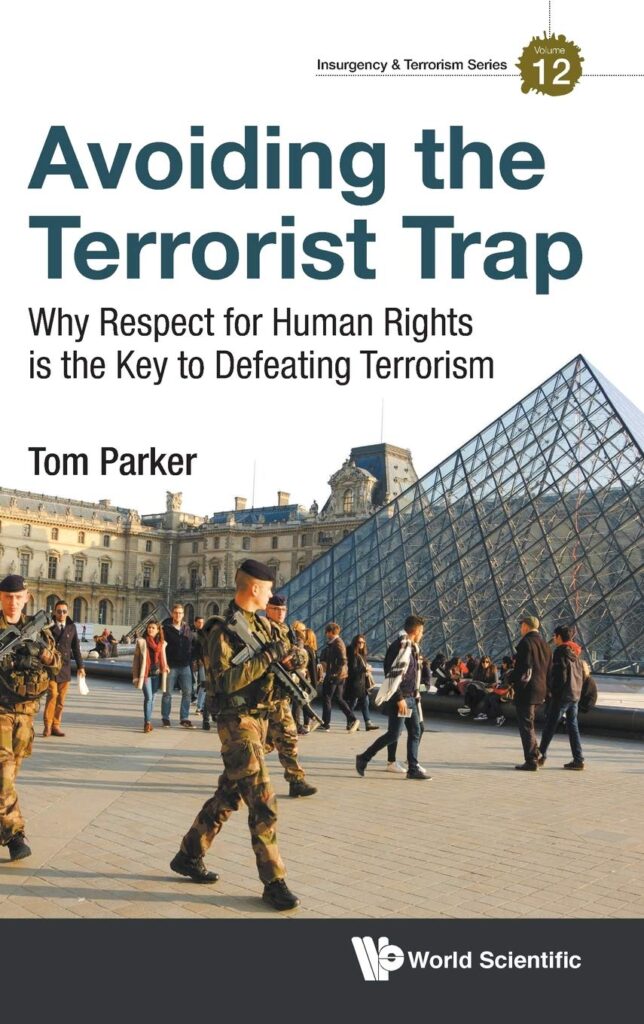What is the role of respect for human rights in counterterrorism? Borealis talks to UK practitioner Tom Parker on what we have done well and what not so well.
In this episode:
- The obstacles been in getting consensus on defining terrorism in international law;
- How can we do counter-terrorism better by taking human rights into account in a more systematic way?
- Targeted killing seems to have become a favourite counter-terrorism strategy – should it be?
- Respect for human rights is the key to defeating terrorism. Can we get there?
About my guest Thomas Parker
Tom Parker has spent the past three years as a European Union-sponsored adviser to the Office of the National Security Adviser (ONSA) in Baghdad, Iraq, prior to which he served as a Counter-Terrorism Strategist at the United Nations Counter-Terrorism Centre (UNCCT) and as the Adviser on Human Rights and Counter-Terrorism to the United Nations Counter-Terrorism Implementation Task Force (CTITF), where he co-authored the Secretary-General’s Plan of Action to Prevent Violent Extremism.
Over the past decade Tom has worked extensively as a consultant on post-conflict justice, security sector reform, and counter-terrorism projects around the world, including assignments in Chad, Colombia, Georgia, Guatemala, Kyrgyzstan, Lebanon, Mexico, Nepal, Peru, Rwanda, Sri Lanka, Tajikistan, Thailand, Uganda and Ukraine.
He has also served as the Policy Director for Terrorism, Counter-terrorism and Human Rights for Amnesty International USA, as the Special Adviser on Transitional Justice to the Coalition Provisional Authority, as a war crimes investigator with the International Criminal Tribunal for the former Yugoslavia (ICTY) in both Bosnia and Kosovo, and as an Intelligence Officer in the British Security Service (MI5).
Avoiding The Terrorist Trap: Why Respect For Human Rights Is The Key To Defeating Terrorism
For more than 150 years, Nationalist, Populist, Marxist and Islamist terrorists have all been remarkably consistent and explicit about their aims: Provoke the State into over-reacting to the threat they pose, then take advantage of the divisions in society that result.
Faced with a major terrorist threat, States seem to reach instinctively for the most coercive tools in their arsenal and, in doing so, risk exacerbating the situation. This policy response seems to be driven in equal parts by a lack of understanding of the true nature of the threat, an exaggerated faith in the use of force, and a lack of faith that democratic values are sufficiently flexible to allow for an effective counter-terrorism response.
About the host Phil Gurski
Phil Gurski is the President and CEO of Borealis Threat and Risk Consulting Ltd. and Programme Director for the Security, Economics and Technology (SET) hub at the University of Ottawa’s Professional Development Institute (PDI). He worked as a senior strategic analyst at CSIS (Canadian Security Intelligence Service) from 2001-2015, specializing in violent Islamist-inspired homegrown terrorism and radicalisation.
From 1983 to 2001 he was employed as a senior multilingual analyst at Communications Security Establishment (CSE – Canada’s signals intelligence agency), specialising in the Middle East.
Find out more about Phil Gurski

What can we do about drug abuse and homelessness in Canada?
Episode 280 – A deep look at how drug gangs are abusing the homeless in Canada When we talk about national security and public safety most people would likely go immediately to issues such as terrorism and espionage. And yet, there are many other things that pose a more immediate threat in most societies. Drug…

How serious is the jihadi threat in Mozambique?
Episode 279 – What, another ISIS affiliate in Africa? Mozambique achieved independence in 1974 after a long civil war with its former Portuguese colonial power. Like most African nations, however, peace and stability are not that common in the post European power era. The southeastern country has been facing down a jihadi movement affiliated with…

How bad is anti-Jewish violence going to get?
Episode 278 – The spate of attacks on Jewish targets in the West is most definitely on the rise with no end in sight You would have to be asleep over the past year and a half to not notice a precipitous rise in anti-Semitic attacks in the West. Some of this is tied to…



